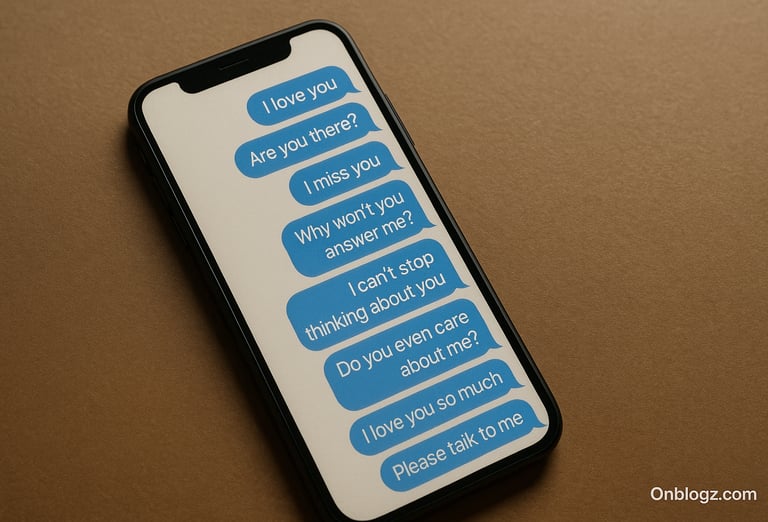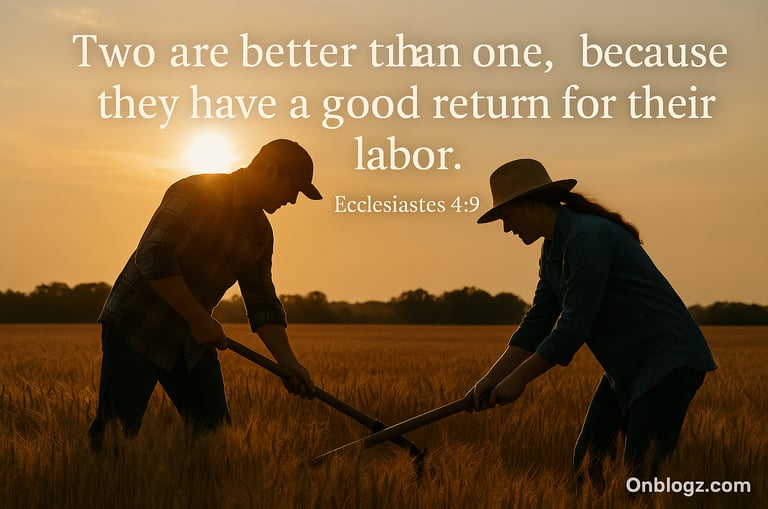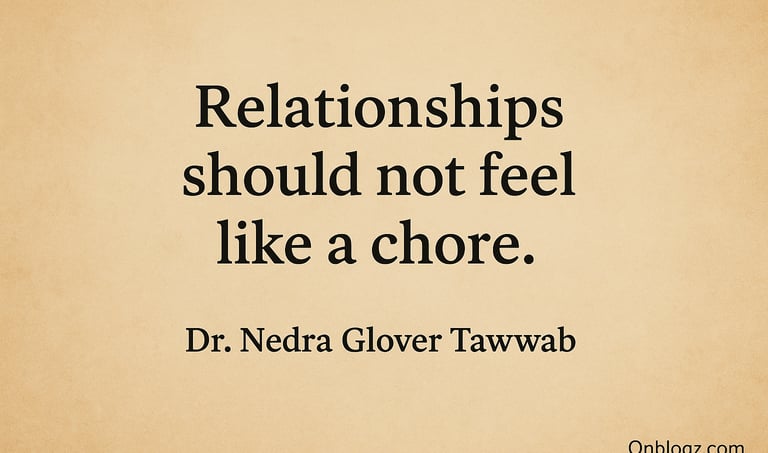Modern Love Unfiltered: Series 18
Are you always the one holding the relationship together? Constantly checking in, fixing conflicts, and managing everyone else’s emotions? In this deeply relatable Modern Love Unfiltered post, Sofia Winters explores the exhausting pattern of emotional over-giving in romantic partnerships and friendships. Many people trapped in these dynamics don’t even realize they’re stuck in an over-functioning loop — until they’re burned out, anxious, and resentful. Using psychology, trauma research, and attachment theory, Sofia provides clear signs of emotional over-functioning and offers practical strategies to break free from the cycle. Learn how to stop equating your worth with what you do for others and start experiencing balanced, mutual relationships. This guide empowers you to reclaim your energy and choose connection, not control.
RELATIONSHIP LOVE SERIES
Sofia Winters
5/22/20252 min read


The Over-Giver’s Dilemma: How to Stop Doing All the Emotional Labor
Why You Became the Over-Giver
According to Dr. Lindsay Gibson (Adult Children of Emotionally Immature Parents), many over-givers were raised around emotional unpredictability.
“They became hyper-vigilant caretakers, trying to ‘fix’ their parents’ moods — a pattern they unknowingly carry into adult relationships.”
Attachment researchers like Dr. Amir Levine explain that anxious attachment fuels over-giving:
“You believe if you do enough, they won’t leave you.”
Signs You’re Stuck in Emotional Over-Giving
🚩 You feel responsible for everyone else’s happiness
🚩 You apologize constantly, even when it’s not your fault
🚩 You minimize your needs so you don’t “burden” others
🚩 You feel drained after most interactions
🚩 You’re terrified of disappointing people or being “too much”
How to Break the Cycle
✅ Pause and Reflect
Ask yourself: “Am I solving their problems more than my own?”
✅ Stop Performing for Love
You don’t have to earn basic respect and care.
✅ Set Micro-Boundaries
Practice saying “No, I can’t do that right now” or “That’s not my responsibility.”
✅ Let Others Step Up
Resist the urge to rescue or fix. Let the relationship reveal if they can meet you halfway.
✅ Heal the Inner Child
Therapy modalities like Internal Family Systems (IFS) can help address the deep need to over-care.
You Deserve Balance, Not Burnout
There is a difference between healthy generosity and unhealthy over-functioning.
One nourishes connection; the other depletes you.
You are worthy of love that feels peaceful, not performative.
The right people will want to carry the weight with you — not leave it on your back.
With care and clarity,
Sofia Winters
📚 Cited Sources:
Gibson, L. (2015). Adult Children of Emotionally Immature Parents.
Levine, A., & Heller, R. (2010). Attached: The New Science of Adult Attachment.
Internal Family Systems Therapy by Dr. Richard Schwartz
Tawwab, N. G. (2021). Set Boundaries, Find Peace.


The Caretaker Trap
You’re the fixer. The peacemaker. The one who plans, texts first, checks in, solves every conflict, and makes sure the other person feels okay — even when you don’t.
You think, “If I love them enough, they’ll love me back the same way.”
This is emotional over-functioning: giving far more than you receive, often out of fear that the relationship will fall apart if you stop.
Here’s the truth: healthy relationships don’t need rescuers. They need partners.




Explore
Your ultimate lifestyle hub for inspiration and tips.
Connect
Subscribe
© 2025. All rights reserved.
OnBlogz. Smart Living. Smarter Choices
Designed by ABC Global Solutions
